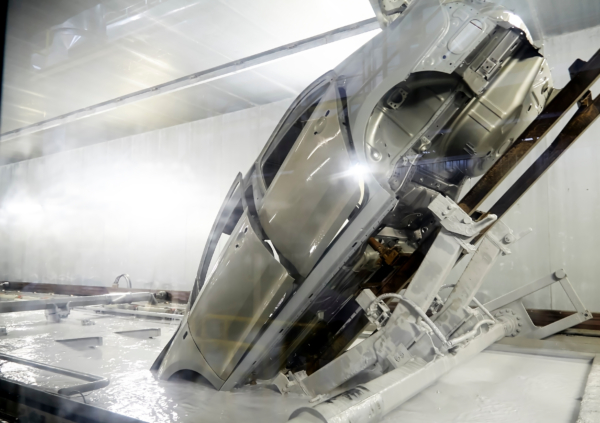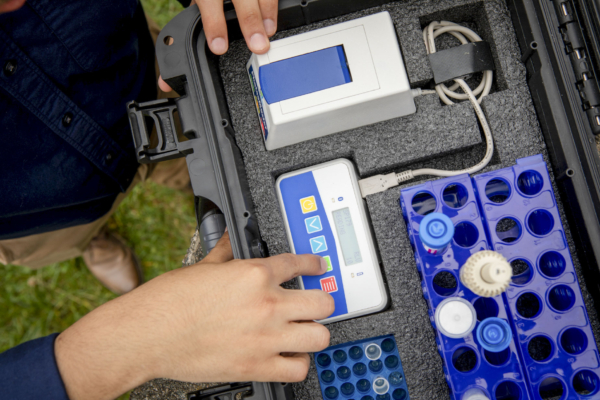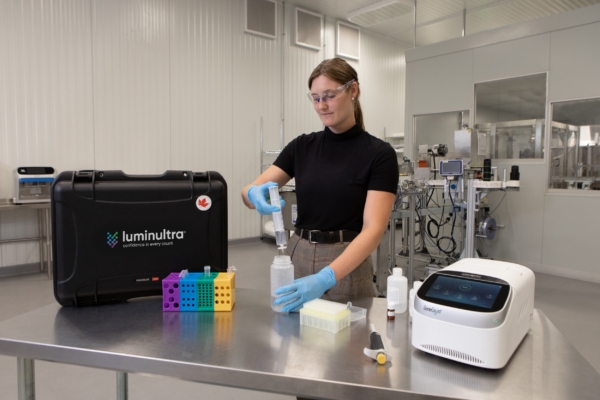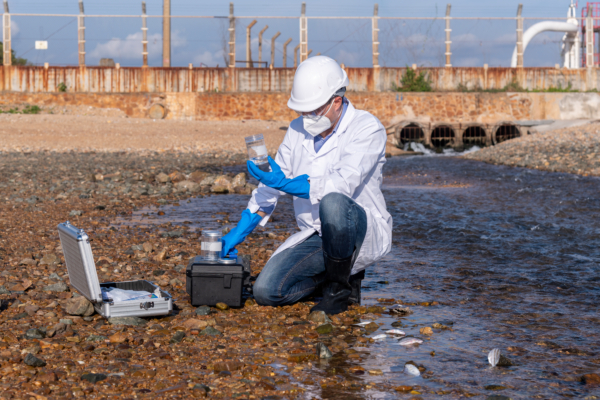Sequencing your bioreactor – Who’s doing the work?
Advancements in metagenomics is allowing us to question old assumptions about wastewater treatment.

It was understood that PAOs required VFAs, specifically acetic or propanoic acid, in the anaerobic zone.
In the early days, this explained why EBPR processes worked better in hot climates where fermentation readily occurs in the sewage collection system.
In systems with insufficient VFAs, an external sludge fermentation process needed to be added to supplement the PAOs. However, the reliance on VFAs is only true for some PAOs, such as Accumulibacter. There is also a group of PAOs, such as Tetrasphaera, that do not rely on VFAs and can perform fermentation as well as phosphorus accumulation. Tetrasphaera requires extended residence times in environments with a low ORP (<200 mV) to perform fermentation. Conventional EBPR processes – where all the primary effluent passes through the first stage anaerobic zone – is not conducive to Tetrasphaera fermentation because the residence time is too short and the ORP is too high. Alternative configurations – where a small, controlled portion of the primary effluent is sent to anaerobic zone (with the remaining flow bypassed to the anoxic or aerobic zone) – is more favourable to Tetrasphaera growth. In these alternate configurations, Tetrasphaera has been shown to have higher abundances relative to Accumulibacter.
Advancements in metagenomics is allowing us to question old assumptions about wastewater treatment.
This includes assumptions about the unit processes (ie. side stream vs first stage anaerobic zones) and the operational metrics (ie. SRT, solids inventory) required to achieve treatment.
Understanding the microbial community composition through metagenomics can drastically increase the operational knowledge of a treatment plant. Tetrasphaera and Accumulibacter can both accomplish EBPR, however the mechanism is very different.
Interested in sequencing your wastewater treatment plant? Luminultra can help! Luminultra offers easy sampling and preservation kits, a powerful and easy to understand dashboard and fast turnaround times. Contact us today to incorporate NGS into your monitoring program.
Explore Luminultra resources
Make confident decisions with trusted expertise.
Discover webinars, whitepapers and expert articles focused on microbial control.





























